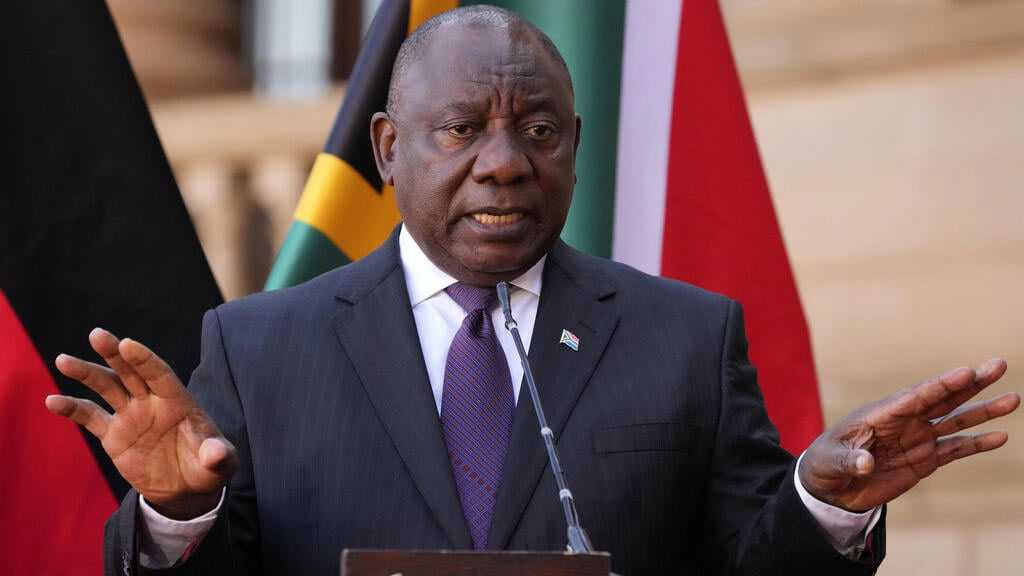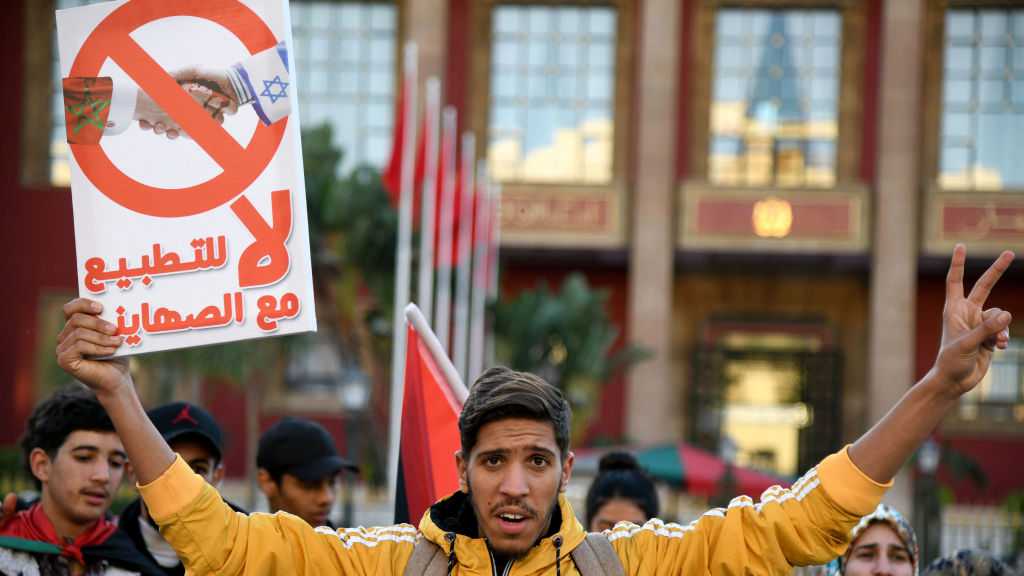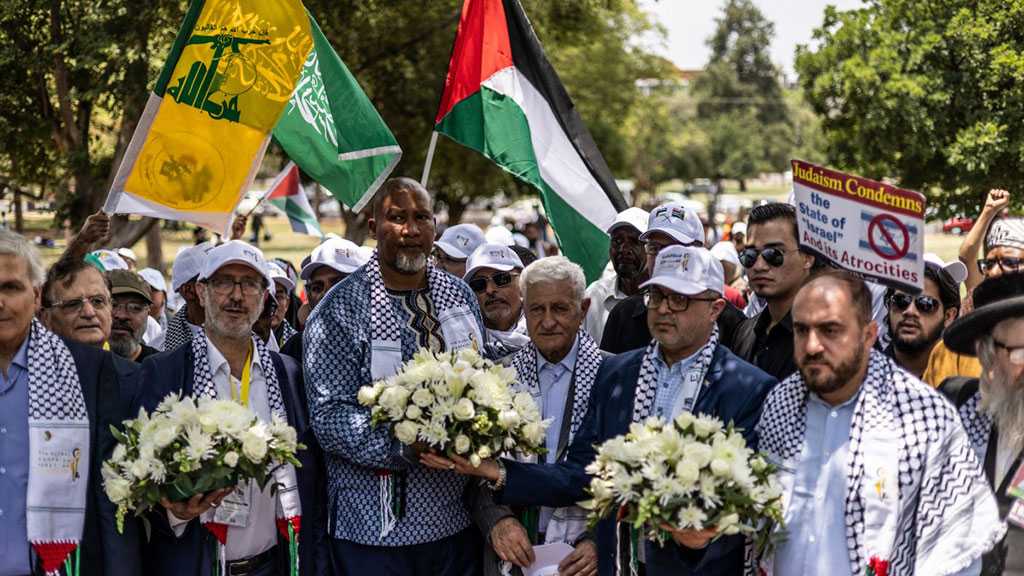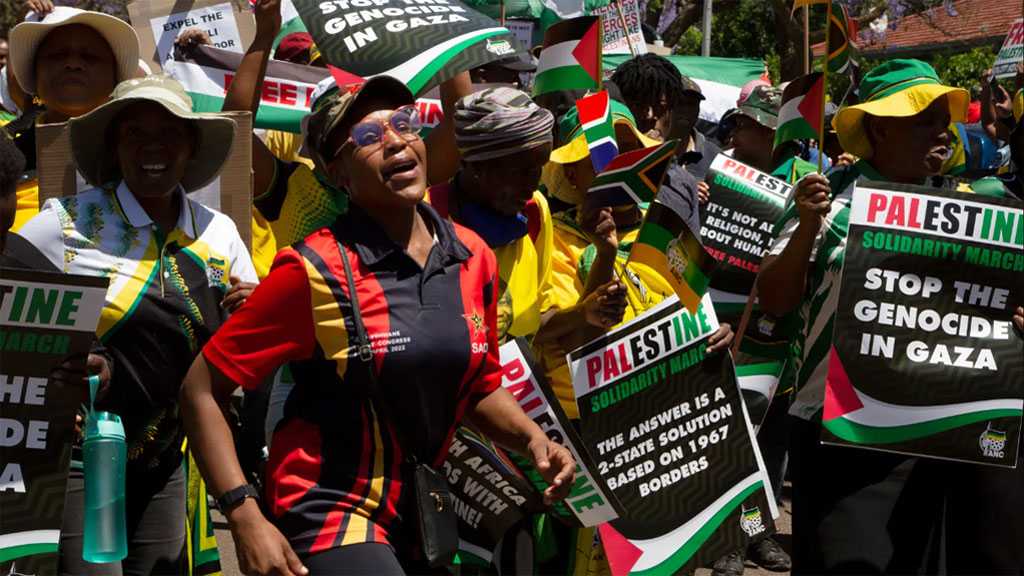
African States Call for EU to Unblock Russian Fertilizer Shipments
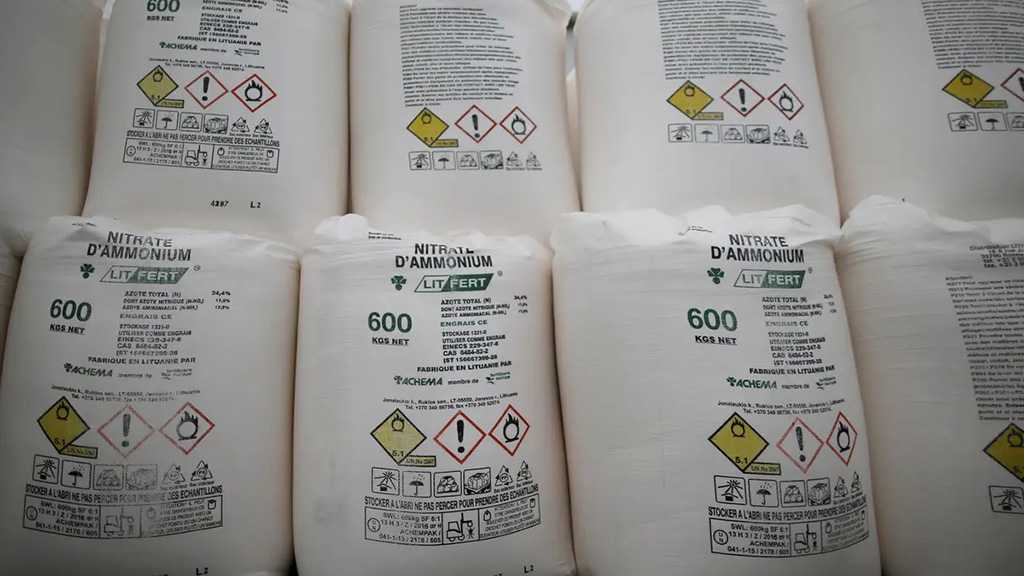
By Staff, Agencies
African leaders have called for practical steps to remove barriers to the export of Russian fertilizers and grain, according to a joint statement adopted by the Russian president and the leaders of the African Peace Initiative, following a summit last week.
According to the document published on the Kremlin’s website on Friday, the freeing up of Russian grain and fertilizer supplies would fully revive the UN-backed Black Sea grain Initiative.
The African leaders also called on the United Nations to take action for the release of more than 200,000 tons of Russian fertilizer stranded at EU seaports, allowing immediate and free delivery to African countries, the statement continues.
Prior to the release of the joint statement by the Kremlin, the demands were announced on Thursday by South African presidential spokesperson Vincent Magwenya.
Russian President Vladimir Putin met with the leaders of the seven countries representing the African Peace Initiative last Friday in St. Petersburg. The meeting was attended by the representatives of South Africa, the Republic of Congo, Egypt, Senegal, Uganda, Zambia, and President of the Union of the Comoros in his capacity as Chairperson of the African Union.
During the summit, President Putin said that only two small shipments – out of 262,000 tons of Russian fertilizers blocked in the EU – had been sent to Malawi and Kenya.
Mediated with help from the UN and Turkey last year, the agreement created a humanitarian corridor through the Black Sea to allow grain and fertilizer shipments to leave Ukraine’s ports. Moscow has repeatedly complained that its conditions for the deal, namely the easing of Western economic sanctions hampering the export of Russian food and fertilizers, were unmet.
Last October, the Russian Foreign Ministry said Latvia, Estonia, Belgium and the Netherlands were blocking fertilizer cargo that Russia was willing to transfer to low-income countries.
Russia also criticized the grain deal for not living up to its humanitarian basis, claiming that most of the Ukrainian produce was sent to wealthy nations, rather than countries most threatened by food insecurity.
The concerns led to Moscow withdrawing from the deal last month. Earlier this week, Russia said it was prepared to “immediately” resume the defunct deal, provided its conditions were met.
Comments
- Related News
